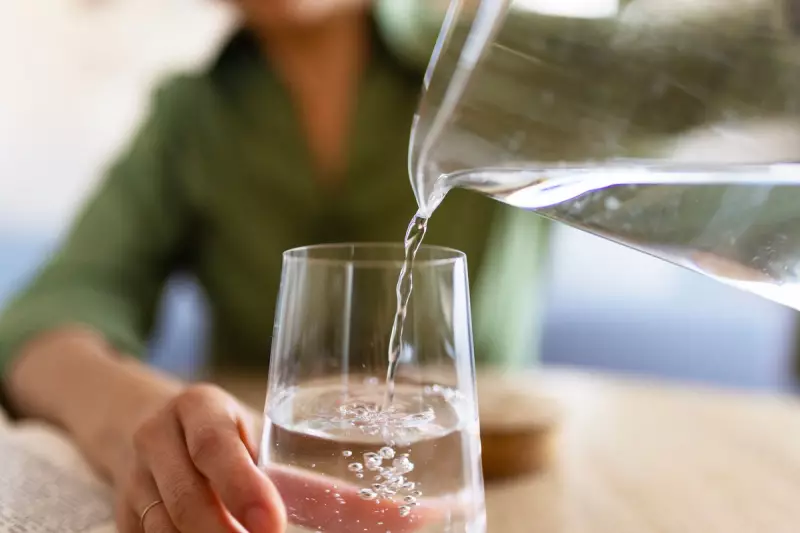
Feeling tired, foggy-headed, or just off your game? The culprit might not be your workload or lack of sleep, but a simple glass of water. Millions across the UK are walking around in a state of chronic dehydration without even realising it, according to health experts.
The common advice of 'drink eight glasses a day' is being scrutinised, as individual needs vary dramatically. Your body is sending you subtle—and sometimes not so subtle—signals that it's running on empty.
The Hidden Warning Signs You Must Not Ignore
While thirst is an obvious signal, it's often a late indicator. By the time you feel thirsty, you may already be dehydrated. The key is to watch for these less obvious signs:
- Persistent Fatigue and Lethargy: A sudden drop in energy levels is one of the most common signs your body is craving fluids.
- Brain Fog and Poor Concentration: Dehydration reduces blood flow to the brain, impairing focus, memory, and cognitive function.
- Dry Skin and Chapped Lips: Your skin is the largest organ and one of the first to suffer from a lack of moisture.
- Headaches and Dizziness: A shrinking blood volume means less oxygen reaches your brain, often resulting in a throbbing headache.
- Dark-Coloured Urine: This is one of the most reliable indicators. Pale straw-coloured urine is the goal.
Why Water Isn't Always Enough: The Electrolyte Factor
Chugging water might not be the complete solution, especially after exercise or on a hot day. When you sweat, you lose vital salts and minerals—electrolytes—like sodium, potassium, and magnesium, which are crucial for retaining fluid and maintaining nerve and muscle function.
"If you're just drinking plain water after heavy sweating, you might be diluting your electrolyte levels further," explains a nutritionist. "This can lead to hyponatremia, where sodium levels become dangerously low. Incorporating electrolyte solutions or eating water-rich fruits can be essential for proper rehydration."
How Much Water Do You Really Need?
Forget the one-size-fits-all rule. Your ideal water intake depends on your age, activity level, climate, and overall health. A more accurate approach is to listen to your body and drink small amounts consistently throughout the day, not just when you feel parched.
Carry a reusable water bottle, eat water-rich foods like cucumbers and watermelon, and always drink a glass of water first thing in the morning to kickstart your hydration after a long night's rest. Your body—and your brain—will thank you for it.





